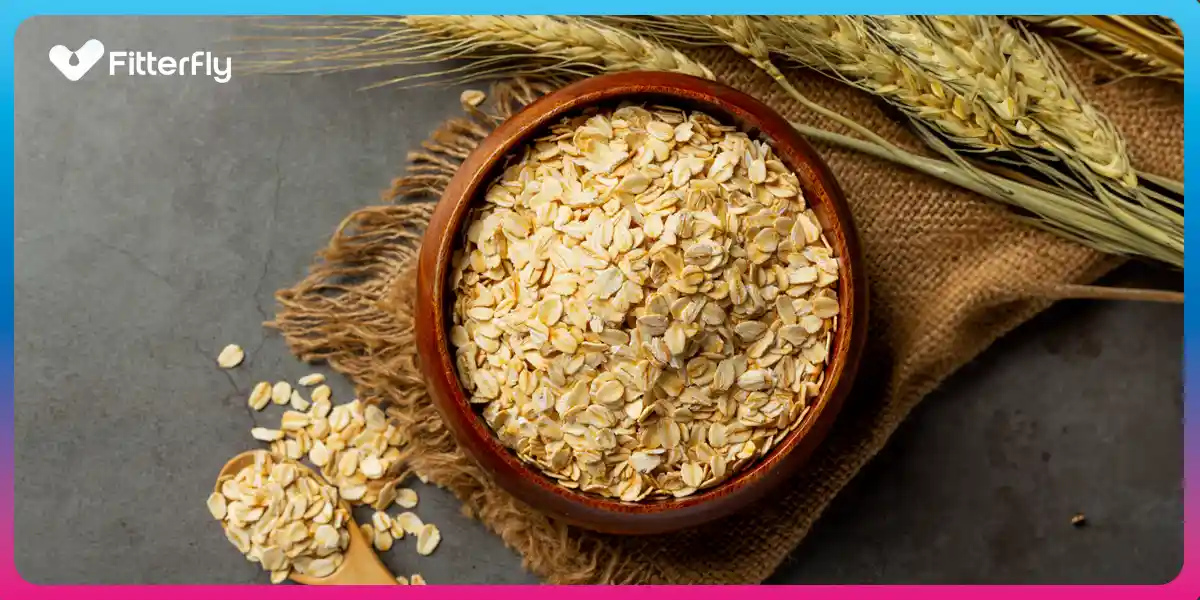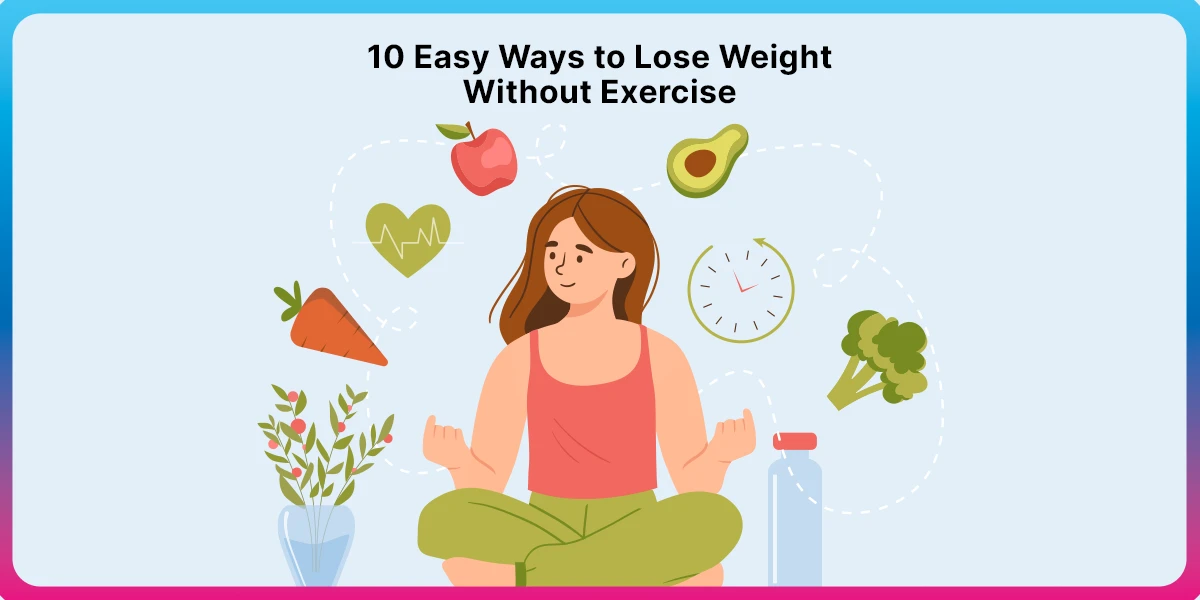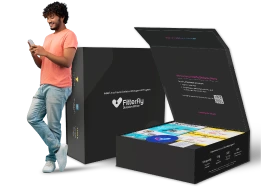Top 10 Questions Answered on Diabetes Reversal by expert Diabetologist

Q1. How long does it take to reverse diabetes, and how long does the reversal last?
- Reversing diabetes is not an overnight process. The timeline for reversal of diabetes can vary from person to person. Many factors influence the time rate at which one can achieve remission.
- The primary factor is the individual’s commitment to making sustainable lifestyle changes.
- Generally, it can take a few months to a year of consistent efforts to see significant improvements. Usually, it might take approximately 6 months to achieve remission, but later on, sustaining it is a lifelong process.
However, the person has to maintain a healthy lifestyle even after reaching remission to prevent a relapse. This includes sticking to a balanced diet, sustaining weight loss, engaging in regular physical activity, and managing stress effectively.
Q2. Can reversed diabetes come back?
While diabetes reversal is possible, there is a chance of it returning if healthy habits are not maintained. Monitoring blood sugar levels and making conscious lifestyle choices are essential for long-term success.
Relapses are more likely if there is a reversion to a sedentary lifestyle or a return to unhealthy eating habits and weight gain.
Q3. How much weight loss is needed for Diabetes Reversal?
Weight loss plays a significant role in diabetes reversal, especially in cases of type 2 diabetes. While there is no fixed number that guarantees remission, studies have shown that losing just 5-10% of body weight can have a substantial impact on blood sugar levels.
However, it is essential to focus on sustainable weight loss methods rather than crash diets.
Q4. Is remission a cure for Diabetes?
Diabetes remission should not be mistaken for a cure. Remission refers to a period when blood sugar levels are within a normal range without the need for diabetes medication.
However, individuals in remission are still at risk of the condition returning if they do not continue to maintain a healthy lifestyle.
Q5. What factors have the maximum effect on the chances of remission?
Several lifestyle modification factors influence the likelihood of achieving remission through weight loss. Some of the most critical factors include:
-
Dietary Choices and portion control
A balanced diet rich in whole grains, lean proteins, fruits, and vegetables is essential for successful weight loss and diabetes reversal. Avoiding sugary and processed foods can significantly impact blood sugar levels.
-
Physical Activity
Regular exercise not only aids in weight loss but also improves insulin sensitivity. Engaging in a combination of aerobic exercises and strength training can be highly beneficial.
-
Stress Management
Chronic stress can lead to unhealthy eating habits and weight gain. Practicing stress-reduction techniques such as meditation, yoga, or mindfulness can support diabetes reversal.
-
Medication and Monitoring
Working closely with healthcare professionals to manage diabetes medication and regularly monitoring blood sugar levels is crucial for successful remission.
REVERSED Diabetes in 3 months


5.7%
Happy members
EMI
Guarantee
4.8/5
Diabetes Prime Program
Q6. Is type 2 diabetes reversible?
Yes, type 2 diabetes is reversible through lifestyle changes. By adopting a healthy diet, engaging in regular physical activity, and maintaining a healthy weight, it is possible to improve blood sugar control and insulin sensitivity.
However, it is important to note that individual results may vary, and it is crucial to work closely with a healthcare professional to develop a personalized plan for diabetes reversal.
Q7. Can chronic diabetes be reversed?
Yes, chronic diabetes can be reversed, but the degree of reversal differs from person to person.
By making sustainable lifestyle changes, such as adopting a healthy diet, increasing physical activity, and managing stress effectively, it is possible to improve blood sugar control and reduce the need for medication.
Also, it is important to investigate complications of diabetes and the involvement of other organs in case of long-standing diabetes. However, it is important to note that diabetes is a chronic condition, and ongoing management is necessary to maintain long-term success.
Q8. Can Losing Weight Reverse Diabetes?
Yes, losing weight can play a pivotal role in reversing type 2 diabetes. Weight loss improves insulin sensitivity, leading to better blood sugar control and potentially achieving remission of the condition.
Q9. How Do You Know When Diabetes Is Reversed?
Diabetes is considered reversed when blood sugar levels consistently fall within the normal range and HbA1c levels decrease to a healthy level. Regular monitoring and follow-up with healthcare professionals are essential to confirm remission.
This can be observed through various medical indicators and diagnostic tests. Remission can be partial or complete based on the HbA1c and blood sugar level.
- Partial Remission: In cases of partial remission, people experience a notable reduction in blood sugar levels, often to near-normal ranges.
- Complete Remission: Complete remission refers to the normalization of blood sugar levels without the need for diabetes medications. But it’s important to note that it doesn’t necessarily mean the underlying condition is entirely cured.
Note: Healthcare professionals use criteria such as the HbA1c (average blood sugar levels over a few months) and fasting glucose levels to assess partial/complete remission.
Q10. What Foods Can Reverse Diabetes?
While no single food can reverse diabetes, a balanced diet with high-fiber foods, healthy fats, lean proteins, and low-glycemic foods can support blood sugar control and contribute to diabetes management.
There are two types of diets that involve reducing calorie intake for weight loss purposes, i.e., a Very Low-Calorie Diet (VLCD), a low-carb diet, and a Low-Calorie Diet (LCD).
It’s important to note that these types of diets should be supervised by a healthcare provider to ensure safety and proper nutrition. VLCDs are typically used for short-term weight loss, while LCDs may be more sustainable for longer-term weight management.
FitterTake
Diabetes reversal is possible through sustained lifestyle changes. While the process may take time and effort, the benefits of achieving remission are well worth it. Remember, diabetes remission does not equate to a cure but rather a state of controlled blood sugar levels without medication.
If your goal is to attain diabetes remission, enroll in Fitterfly’s Diabetes Care Program, designed by skilled diabetologists with expert dieticians, psychologists, and physiotherapists, who will help you with a personalized plan for diabetes care.
Want to know more? Just give us a missed call at 08069450746, and we will definitely reach out to you.
**Diabetes Remission is the clinical term for Diabetes Reversal.





















